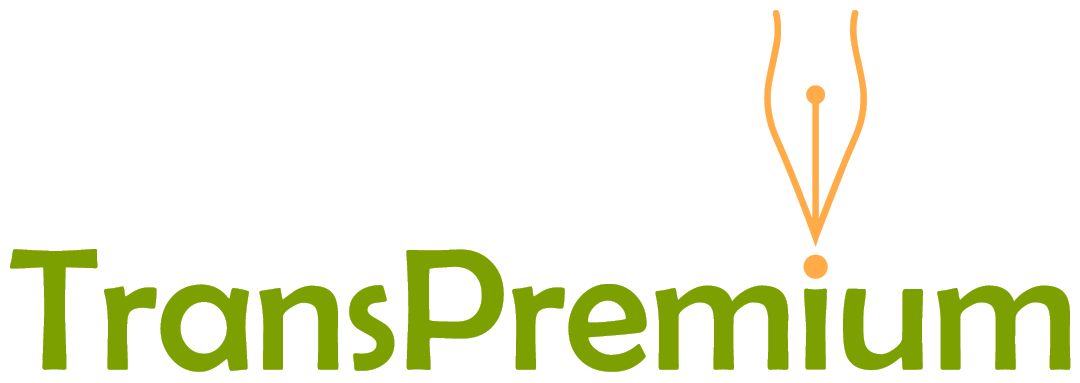
Best Practices For Hearing-Impaired Foreign Language Learning
Hearing well matters.
Deafness and hearing impairment don’t have to be a barrier to learning a foreign language and exploring new places.
There are obvious reasons for learning a second language: it’s fun, mostly, it gives us a sense of accomplishment, and while many countries now cater to English speakers, locals appreciate it when we make an effort to speak in their tongue. That’s not all; learning a second language can improve your brain function and stave off mental decline as you age. It has been shown that people who speak a second language display improved memory and problem-solving skills, critical-thinking skills, and enhanced concentration; it can also increase creativity.
With all these benefits, it makes you wonder why more people don’t speak other languages. The US has a low number of bilingual speakers, only 20% when compared to 35% in Canada, and 56% in Europe. Learning a second language is also getting easier and cheaper as technology improves, and the world becomes more interconnected. At one time, you had to pay for expensive lessons or travel to other countries for an immersive experience, but now, an app can be just as effective as going to a class, and meeting new people is easy in the virtual world.
But second language acquisition isn’t a breeze for everyone. It’s estimated that 15% of American adults, over the age of eighteen, experience some trouble with hearing. That could be anything from complete deafness to mild hearing loss. While this poses added challenges to second, or third, language acquisition, it doesn’t mean deaf and hard of hearing people can’t also succeed in learning and speaking a foreign language.
One of the main challenges is hearing the sounds of the language in relation to the letters on the page or the words being spoken. For those with hearing loss, an excellent hearing aid is worth investing in. These days, there are many on the market to suit individual needs. They are surprisingly tech-savvy, with Bluetooth connectivity and software patches for better sound. Lipreading is an older technology that is also highly effective for processing the sounds of a foreign language. Those with severe hearing impairments may already be skilled at the practice, but for those who aren’t, a lipreading course is recommended before diving into your chosen language.
Initially, vocabulary is the best thing to learn; a phonetic dictionary is great for this as it will also provide the way the word sounds when read on the page. Keep a vocabulary journal and read simple books in your target language. You will begin to notice when and where those words are used and how they relate to each other. Apps can be useful for this; they can also be suitable for learning grammar.
When you have vocabulary and grammar working together, you have a strong foundation for taking the language forward; consider captioned television to improve fluency, comprehension, and online lessons for a more interactive experience. Finally, don’t be afraid to make mistakes, it’s an important part of the learning process.






